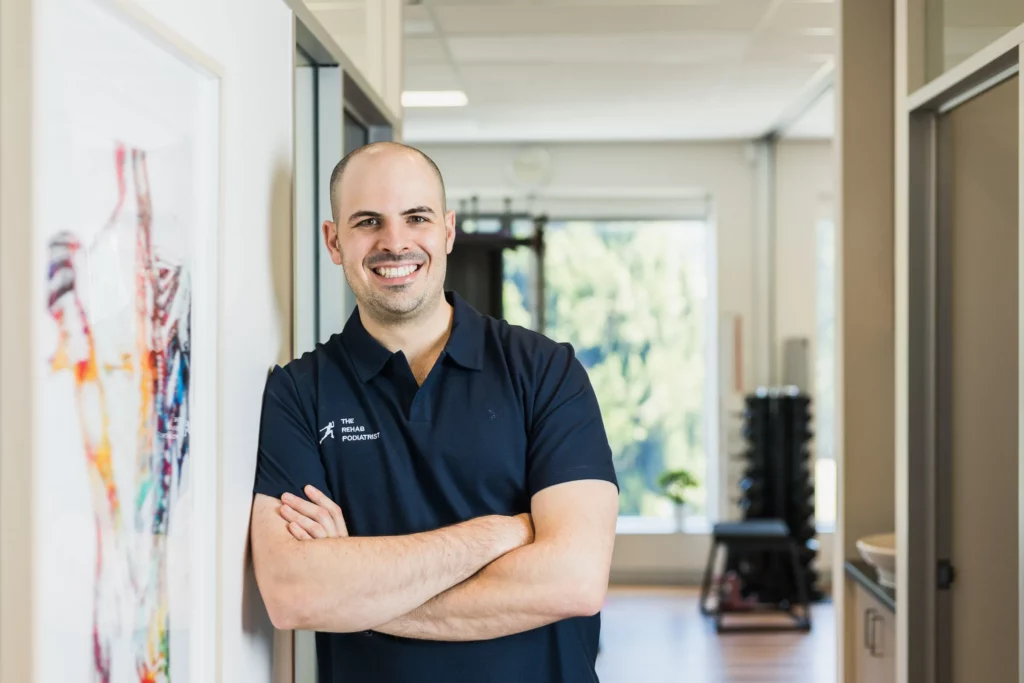MY 9 REASONS:
- Weight stigma is common in healthcare because of the belief in a relationship between excess weight and poor health outcomes.
- This relationship has been consistently challenged by research, but still pervades healthcare and our wider society.
- Most people struggle to lose weight, with those who do often end up regaining the weight or end up heavier than they were before trying to lose weight.
- A focus on promoting healthy behaviours, not weight loss, has been shown to result in the healthier individuals and better overall health outcomes.
- Weight stigma itself is associated with poorer health outcomes, in addition to do significant psychological harm.
- Fat people have consistently reported being denied appropriate care when going to healthcare providers and instead receiving care focused on losing weight.
- The stigmatising experience of being denied care results in poorer health outcomes and disengagement with healthcare.
- With the difficulty of losing weight, limited benefits and clear harms, it’s impossible for me to recommend any approach that focuses on weight loss, not healthy behaviours.
- In my practice, I do not recommend weight loss as a treatment and don’t discuss the topic of weight. Only healthy behaviours and how I can use my skills to help people live a healthy, happy and meaningful life.
READ THE FULL POST:
Health at every size (HAES) is a social movement about ending weight stigma across society and the promotion of healthy behaviours. Both of which are incredibly important in healthcare.
A common belief is that a major cause of obesity is poor personal choices and that carrying excess weight results in worse long-term health outcomes. The conclusion drawn is that not only is being fat a choice, being thin is required to be healthy.
What this has resulted in is a society wide stigma against fat people that has invaded every facet of our life, including healthcare.
WEIGHT STIGMA IN APPOINTMENTS
It’s not uncommon for a fat person to attend an appointment with a healthcare provider for a non-weight related issue and be denied appropriate care, in favour of lectures about losing weight. Sometimes getting access to care is linked to losing weight, requiring people to lose a certain amount of weight before they get healthcare that a non-fat person would receive immediately.
“One of the most common stigmatising experiences that fat people report in the doctors office is being lectured about weight loss before or in the absence of whatever symptoms or concerns brought them in to begin with.”Aubrey Gordon, Author, Podcaster, Activist
THE POOR RELATIONSHIP BETWEEN WEIGHT AND HEALTH
The interesting thing is that the relationship between health and weight is tenuous at best.
In a study of 11,761 people spanning 6 years, Matheson et al found that people labelled overweight or obese by the BMI index did not have a greater amount of chronic illness or disease compared to those deemed of normal weight, if they maintained these 4 habits:
- Eating enough fruit and vegetables
- Getting regular exercise
- Not smoking
- Moderated their consumption of alcohol
HEALTHY BEHAVIOURS > ‘HEALTHY’ WEIGHT
What this is showing us is that it’s not about focusing on being a healthy weight but maintaining healthy behaviours.
The key misunderstanding about HAES is that it is anti-weight loss or promotes obesity. Rather, it is a movement that challenges stigmatised ways of thinking about health and that it can be achieved at any weight.
Under a HAES informed approach, people can still lose weight. But instead of a scale determining success, it’s maintaining the behaviours that result in health and possibly weight loss that’s the focus.
WEIGHT IS HARD TO LOSE AND EVEN HARDER TO KEEP OFF. WHY ARE WE SETTING PEOPLE UP TO FAIL?
This fits with what else we know about weight loss. That losing weight incredibly difficult and keeping it off is even harder!
Nearly every study shows that despite significant effort, most people get very minimal weight loss and in the long term, they often regain the weight. In one study, they found that two thirds of people that lost weight, ended up gaining more weight than they lost!
Science isn’t immune from weight stigma either. Most studies on weight loss don’t track basic markers of health, assuming that weight loss means improved health. They also don’t track the potential side-effects or harms of this approach.
A focus on weight loss can result in shame and feelings of personal failings when weight loss isn’t achieved. We also see higher rates of eating disorders, problems with body-image, depression, and anxiety, because of this expectation of losing weight or being thin. All of which are direct negative impacts of someone’s physical and mental health.
THE IMPACT ON MY PRACTICE
In the face of this evidence, it’s impossible to draw the conclusion that we should be encouraging weight loss as a treatment. That is why in my practice I do not recommend weight loss.
As a thin person, I also recognise how further traumatising it can be having weight be brought up by someone who hasn’t experienced weight related stigma. That is why I also do not discuss weight in my consultations. Only healthy behaviours and how I can use my skills to help people live a healthy, happy and meaningful life.
FURTHER RESOURCES
If you want to find out more, I highly recommend the work of Aubrey Gordon. She writes books and does podcasts that are well-researched, easy to understand and entertaining.
You can find her work here and her podcast maintenance phase here.
Another good resource, especially for healthcare providers is the Association for Size Diversity and Health (ASDAH). This is the organisation that created HAES and provides resources for healthcare providers, alongside its advocacy and social justice work. I am a full financial member in good standing of the ASDAH.

ABOUT THE AUTHOR
Hi, I’m Alex. I’m a Sports Podiatrist and Rehabilitation Coach and I help people with foot and ankle pain get back to enjoying their life.
With over 10 years experience working with people in pain, from the clinic to the sport field, casual hikers through to elite athletes, I have learnt that people do best when they understand their condition and are put in the driver’s seat empowered to take actions about their health.
You can read more about me, my clinic, or book an appointment.
References:
https://www.jabfm.org/content/25/1/9.long
https://www.sciencedirect.com/science/article/pii/S0033062021000670
https://onlinelibrary.wiley.com/doi/10.1002/jcsm.12378
https://academic.oup.com/ije/article/35/1/12/849851?login=false
https://www.ncbi.nlm.nih.gov/pmc/articles/PMC3806201/
https://nutritionj.biomedcentral.com/articles/%2010.1186/1475-2891-10-9
https://www.hindawi.com/journals/jobe/2014/983495/#abstract
https://www.ncbi.nlm.nih.gov/pmc/articles/PMC5420445/
https://arthritis-research.biomedcentral.com/articles/10.1186/ar3894
